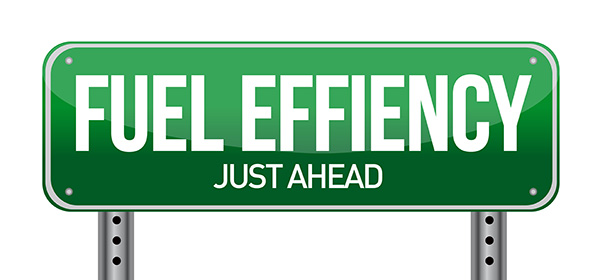Posted on 3/29/2024

Are you frustrated by the ever-increasing costs at the gas pump? Do you find yourself making more frequent stops to refuel your vehicle than you'd like? If so, you're not alone. Many drivers overlook the factors that can significantly impact their vehicle's fuel consumption, unknowingly squandering precious fuel and money in the process. 1. Tire Pressure Believe it or not, the pressure in your tires plays a crucial role in your vehicle's fuel efficiency. Underinflated tires create more rolling resistance, causing your engine to work harder and consume more fuel to maintain speed. Check your tire pressure and ensure it matches the manufacturer's recommended psi (pounds per square inch) for optimal fuel efficiency. By keeping your tires properly inflated, you can reduce fuel consumption and extend the life of your tires. 2. Engine Maintenance A poorly maintained engine can guzzle fuel at an alarming rate. Dirty air filters ... read more
Posted on 2/29/2024
.jpeg)
https://graysontireandauto.com/blog/electric-cars-maintenance-care-tips-and-tricks-you-need-to-know Driving is not just about getting from point A to point B; it's also about ensuring safety, comfort, and control behind the wheel. One often overlooked aspect of driving is the seat position. The Basics of Proper Seat Position Before we start going into the main topic, let's cover the basics of how to adjust your seat properly. When seated in the driver's seat, your feet should comfortably reach the pedals without fully extending your legs. Your back should rest against the seatback, with a slight recline to reduce fatigue and support your spine. Adjust the seat height and angle to ensure clear visibility of the road and easy access to controls. Optimal Control and Reaction Time One of the primary reasons why seat position is ... read more
Posted on 1/27/2024
.jpeg)
Have you ever pondered over what sets apart the rumbling diesel engine of a heavy truck from the revving gasoline engine of a sedan? While both types power millions of vehicles worldwide, they differ from each other quite a bit. Continue reading to find out how they work and their key differences. How Does a Diesel Engine Work Diesel engines, named after their inventor Rudolf Diesel, operate on the principle of compression ignition. Air is drawn into the engine and compressed at high ratios, heating it up. Diesel fuel is then injected into the hot, compressed air, causing spontaneous ignition. This process leads to the expansion of gasses that drive the engine's pistons, generating power. Diesel engines do not use spark plugs. Instead, the fuel combusts on its own because of the immense pressure. Because of the way they ignite, the fuel, durability, and reliability are greater than in gasoline engines. How Does a Gasoline Engine Work Gasoline e ... read more